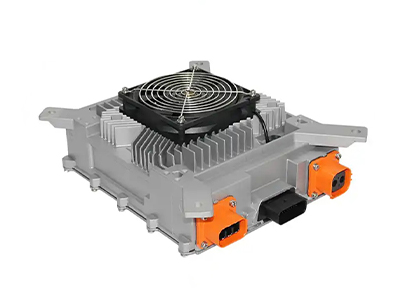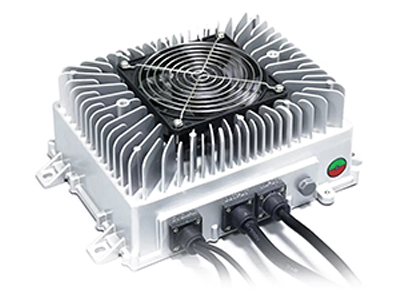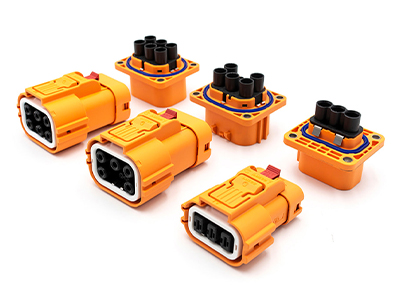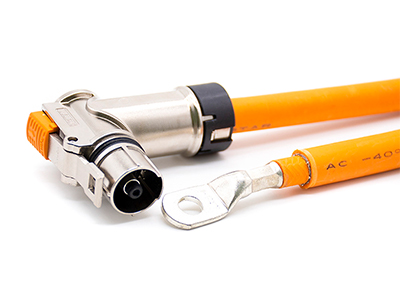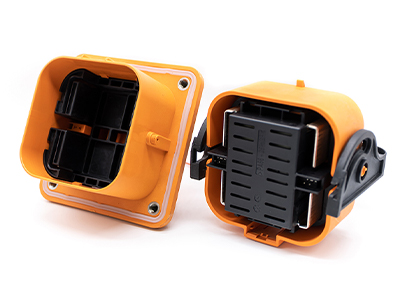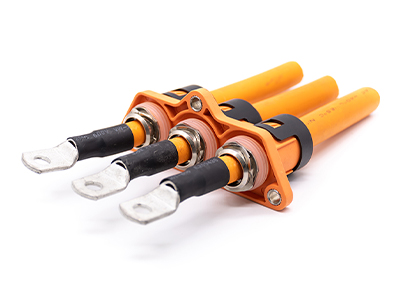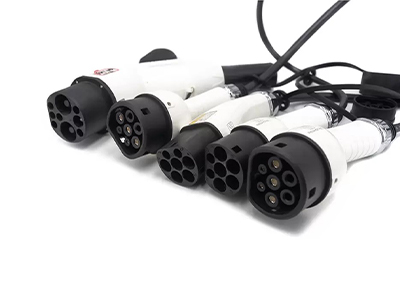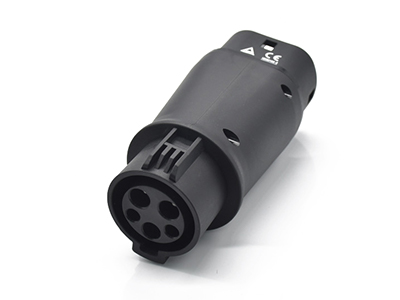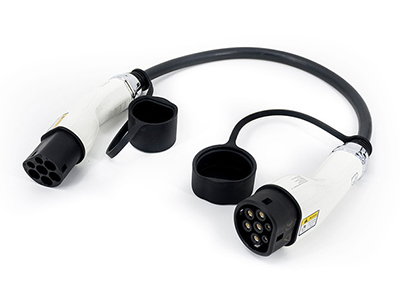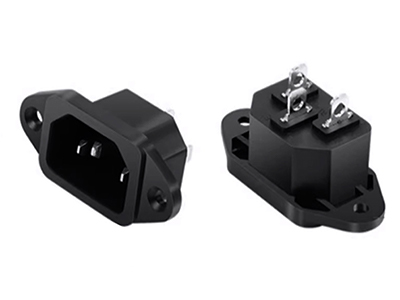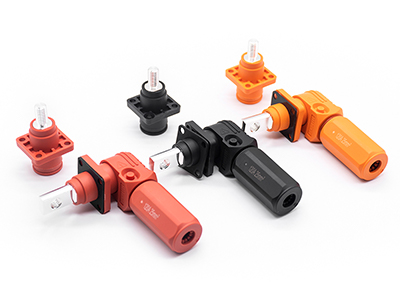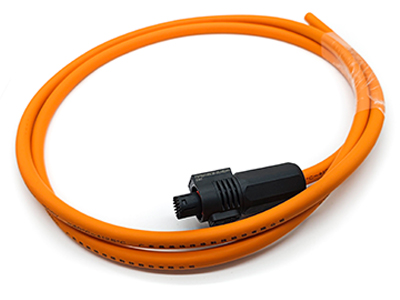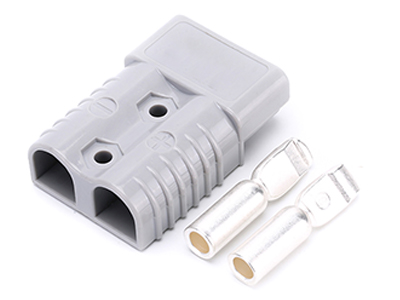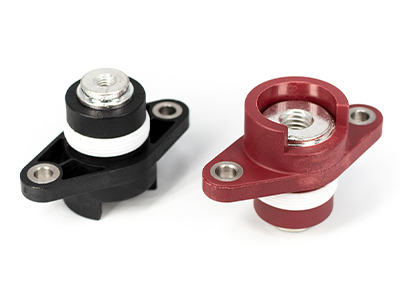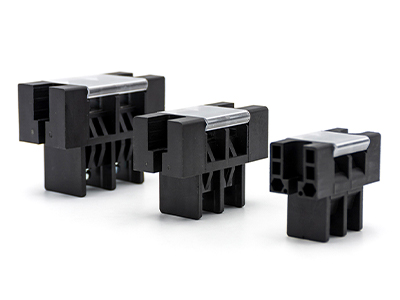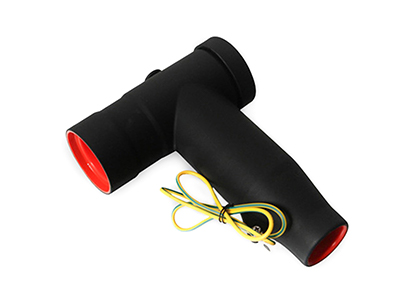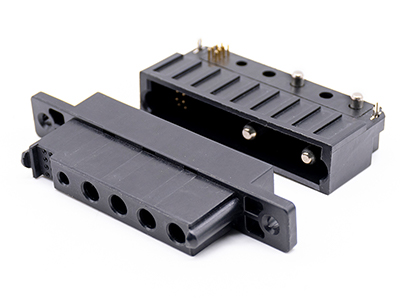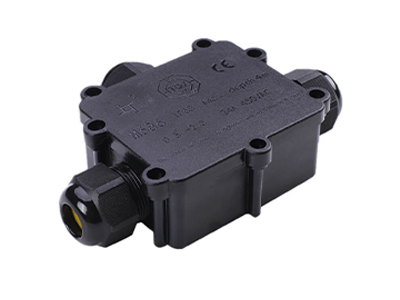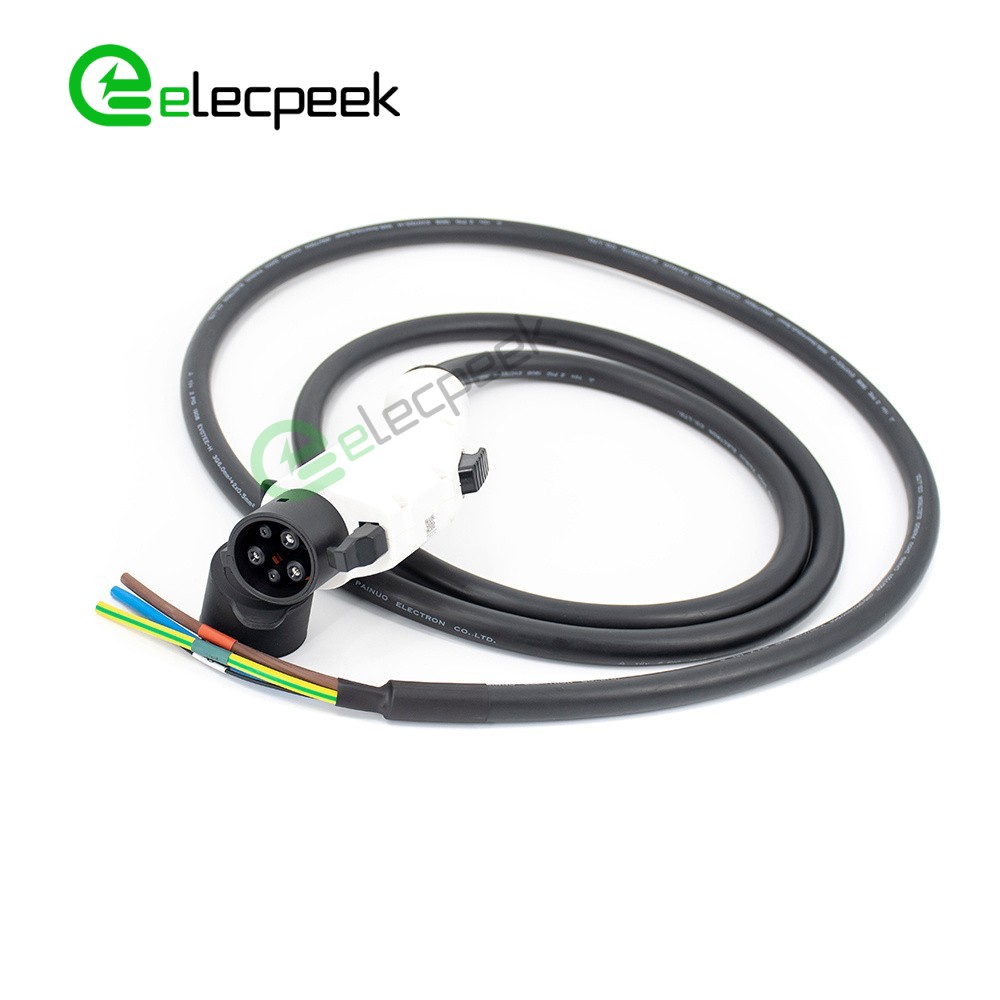News
Are all ev charging cables the same
Are All EV Charging Cables the Same? A Comprehensive Guide
Introduction
Electric vehicles (EVs) are growing in popularity as consumers look for more sustainable modes of transportation. However, with the increase in EV ownership, many people are left wondering about the best way to charge their vehicles. One common question that arises is whether all electric vehicle charging cables are the same. The short answer is no – not all EV charging cables are the same.
Different Types of EV Charging Cables
There are two main types of EV charging cables: Level 1 and Level 2. Level 1 charging cables are the slowest and least expensive option. They use a standard household electrical outlet and can take up to 20 hours to fully charge an EV. Level 2 charging cables are faster and more expensive, taking 4-8 hours to fully charge an EV. These cables use a higher voltage and amperage, which requires a dedicated charging station.
Within the Level 2 category, there are two types of charging cables: J1772 and CHAdeMO. J1772 cables are the most common type of Level 2 charging cable and are compatible with most EVs on the market. CHAdeMO cables, on the other hand, are used for certain EVs, such as the Nissan LEAF.
Cables for Direct Current Fast Charging (DCFC)
DCFC, also known as Level 3 charging, is the fastest way to charge an EV. This type of charging uses a high-voltage direct current to rapidly charge an EV in just 30 minutes or less. However, not all EVs are compatible with DCFC, and those that are require a specific type of cable.
The two main types of DCFC cables are CCS (Combined Charging System) and Tesla Supercharger. CCS cables are compatible with EVs made by a variety of manufacturers, while Tesla Supercharger cables are only compatible with Tesla vehicles.
Factors to Consider When Choosing an EV Charging Cable
When choosing an EV charging cable, there are several factors to consider, including:
- Compatibility: Make sure the cable is compatible with your specific EV make and model.
- Speed: If you need to charge your EV quickly, consider a Level 2 or DCFC cable.
- Cost: Level 2 and DCFC cables are more expensive than Level 1 cables.
- Portability: If you need a cable that can be used on-the-go, consider a Level 1 cable.
- Convenience: If you want the convenience of being able to charge your EV at home, consider a Level 2 cable and a dedicated charging station.
Conclusion
In conclusion, not all EV Charging Connector cables are the same. When choosing a charging cable, it is important to consider factors such as compatibility, speed, cost, portability, and convenience. By understanding the different types of EV charging cables and the factors to consider when choosing one, you can ensure that you are selecting the best cable for your specific needs.

